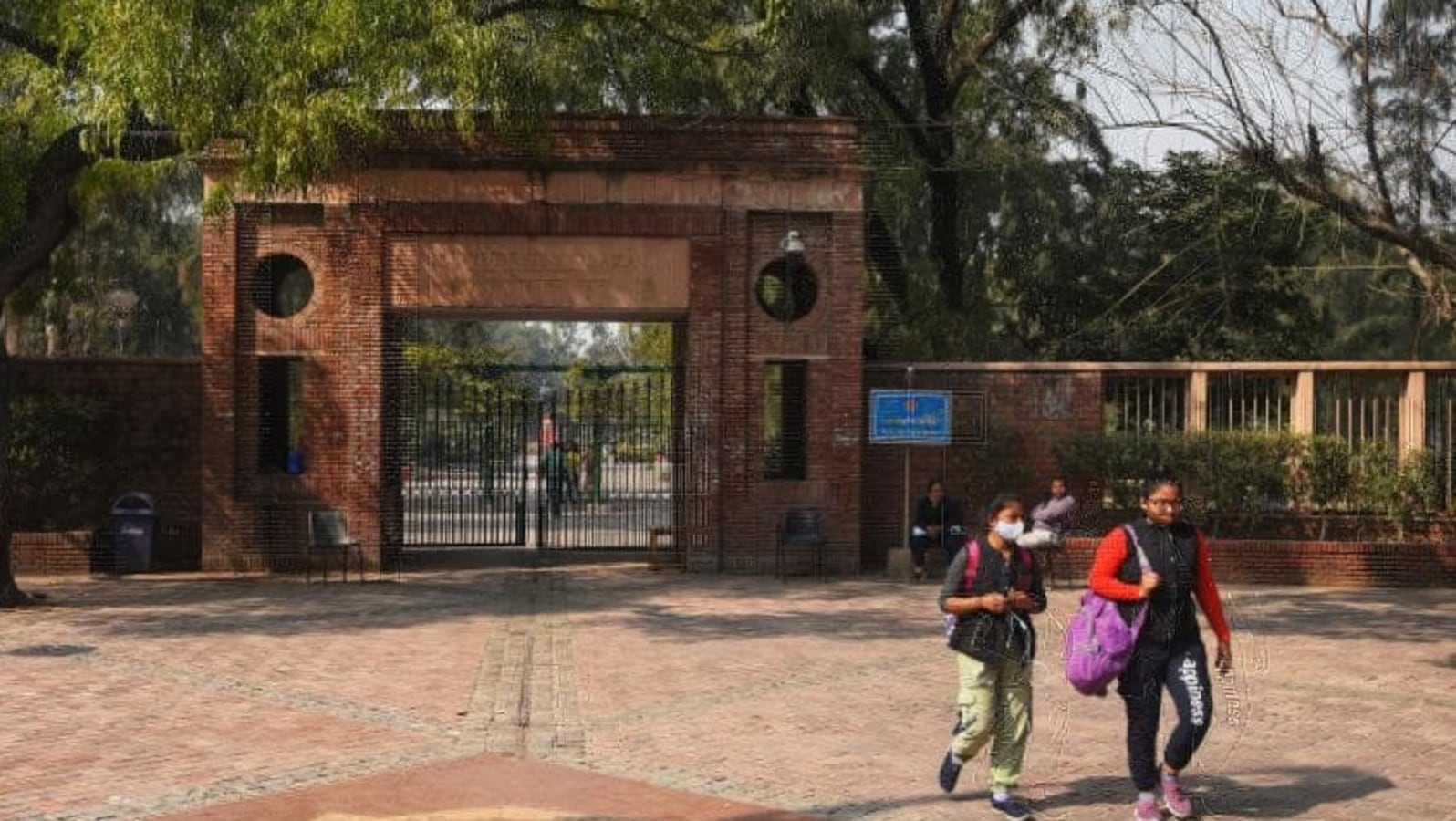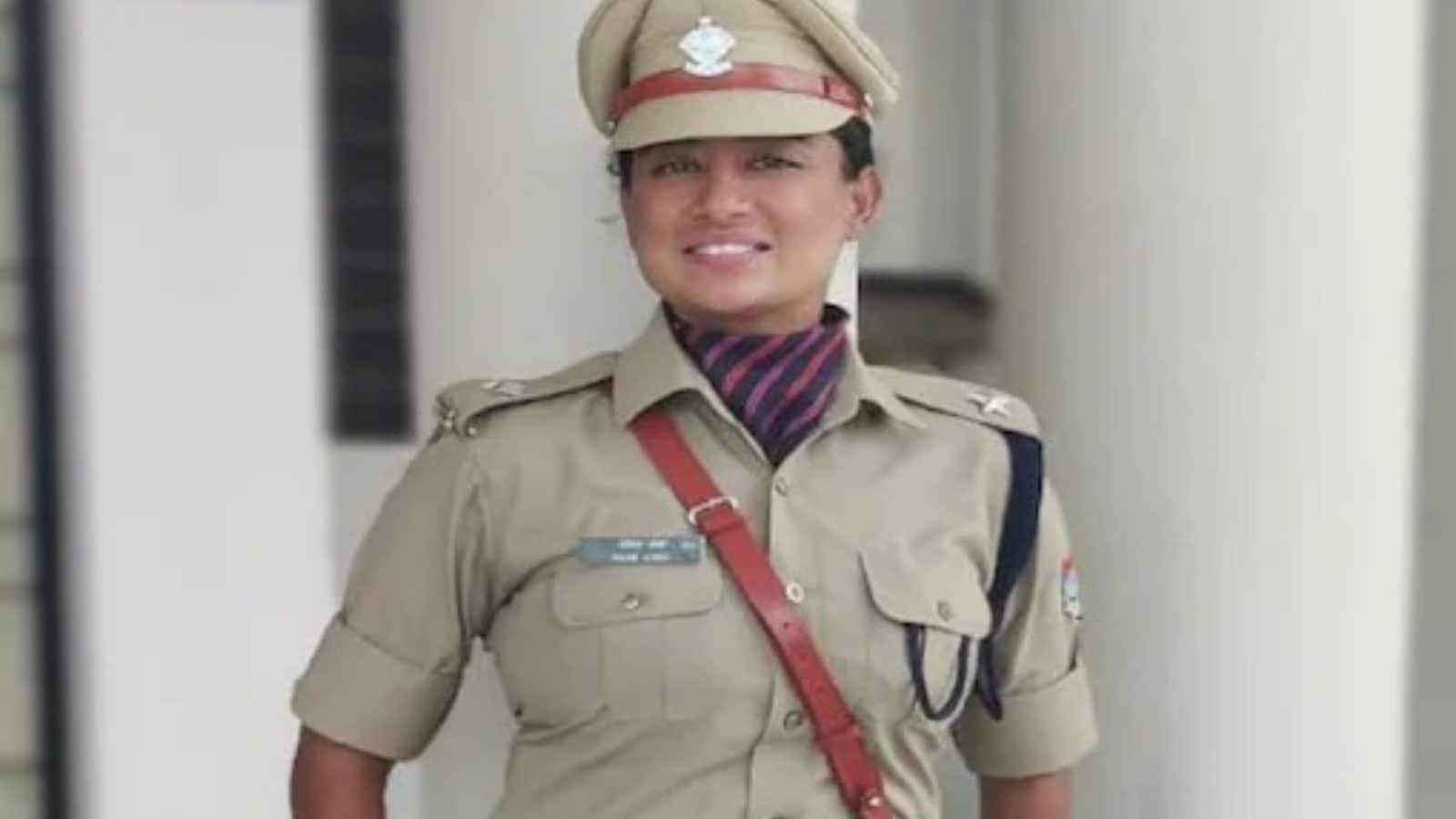Return of the four-year undergraduate programme with a focus on multidisciplinary research, innovation, and social-emotional learning; multiple entry-exit points in the undergraduate courses; appointment of international faculty members; and discontinuation of the M.Phil programme from the next academic session – these are some of the items on the agenda for Delhi University’s Academic Council meeting on Tuesday to discuss the implementation of the National Education Policy (NEP) 2020.
In September last year, the university had constituted a 42-member committee, comprising principals, teachers, and university officials, to deliberate on the NEP and suggest how it can be implemented in DU considering its administrative, financial, and academic implications. The standing committee for academic matters will also hold a meeting on Monday to discuss the recommendations of the committee.
On Wednesday, a high-powered committee comprising the acting vice-chancellor, the registrar, dean (exam), dean of students welfare, and other senior officials, also held a meeting on the recommendations submitted by the DU’s NEP committee and decided that the policy will be implemented from the 2022-23 academic session.
“As per the NEP Implementation Committee recommendations, the University should retain the three-year honours degree as well as assimilate in its structure the four-year honours degree, and the four-year honours degree with research,” said the agenda document to be placed before the academic council on Tuesday.
“The structure of UG programmes recommended by the NEP Implementation Committee, which was put up on the website of the university for suggestions since February 2021, may now be placed before the standing committee on academic matters and the academic council for consideration and approval,” it added.
In 2014, DU was mired in controversy after the then administration introduced the four-year undergraduate programme (FYUP). It was scrapped later that year amid protests by students and teachers.
On Tuesday, the academic council will once again deliberate on the FYUP — NEP also advocates the four-year programme with multiple entry and exit points for students — along with other matters.
“It was also recommended that the university may implement both one-year and two-year postgraduate programmes, in line with the existing structure and that of NEP 2020. It was also recommended that multiple entry-exit scheme (MEES) and an academic bank of credit (ABC) should be implemented in the university, keeping in view the maintenance of standard of education by emphasising on the core courses in the university and allowing the credits to be earned from other universities with respect to other courses,” the document stated, adding that the detailed modalities of MEES and ABC need to be worked on.
Last month, prime minister Narendra Modi unveiled ABC for deposit, withdrawal and storage of academic credentials. “Options like multiple entry and exit will free students from the restrictions of staying in one class and one course. Similarly, modern technology based academic bank of credit system will bring revolutionary change. This will give confidence to the student in choosing their stream and subjects,” he said at an event marking one year of the NEP.
To accommodate such a system, the DU committee on NEP has recommended awarding certificates to students who exit successfully at the end of the first year and a diploma to those who exit at the end of the second year. “Students shall be permitted to rejoin the program to pursue a higher qualification, as per policy adopted by the university,” the document stated.
The committee also recommended an entrance test for lateral entry of students from other universities registered under the ABC system, and regular re-entry for students of DU colleges.
The seats for lateral entry, however, will be worked out on the basis of academic and infrastructural facilities. “The existing M.Phil programme was recommended to be discontinued from the academic year 2022-23 in line with NEP 2020,” the document added. It also called for inclusion of NCC course as a general elective at UG level.
Some concerns
Meanwhile, academic council member Naveen Gaur expressed concerns, pointing out that the NEP has not been discussed by any statutory bodies. “A radical educational reform such as NEP will affect everyone and it is being brought straight to the academic council. For such a major reform, there should have been meetings with the general body, staff councils, and course committees along with faculty meetings. For instance, even the entry-exit scheme will legitimise dropouts and lead to demographic changes in the final years,” he said.
Gaur also added that as far as FYUP is concerned, the university administration should assess whether it has the system to hold students for another year.
Former academic council member Pankaj Garg said FYUP is a lengthy process involving syllabus change and these recommendations should first go to the departments and teachers for their inputs.
He also raised objections towards the appointment for international faculty members – another agenda item for Tuesday.
“There is no dearth of talent in the country. We have over 4,000 ad-hoc teachers who have been teaching in the university for over a decade. Instead of regularising these teachers, the university is focusing on inviting foreign faculty members which may reduce the number of teaching posts for our own faculty,” he said.
Source link




